This article is a companion piece to this video featuring Rathbone Group’s Rebecca Wright and ebatcon’s Dr. Dehua Yang, a chemist.
If chemicals are in any form part of your subrogation investigation scene – don’t miss out on or discount the stories they can tell. Let us not forget that there is a wide range of possibilities of what may constitute chemical evidence at an investigation scene. This could be a gas or liquid emitted from a machine, solid matter transported by vehicle, or really any substance which is a key component to what happened or went wrong. The information they hold is not always visible to the naked or untrained eye, yet can be invaluable to finding the truth.
Lab Analysis and Qualified Chemists Help Subrogation Investigations
With access to the right experts, chemicals can be analyzed in a myriad of ways using modern techniques and equipment. After taking samples of the chemicals in-question from the investigation scene, scientists will manipulate the sample to get at the real story. Analytical chemists can often determine otherwise impossible to see information such as the age of the chemicals, the purity, and if it is not pure – what has it been mixed with? They can even tell if a material was expired at the time of the loss. If chemicals are present, you should consider leveraging scientific expertise to eliminate inaccurate defenses and determine the true cause of loss.
